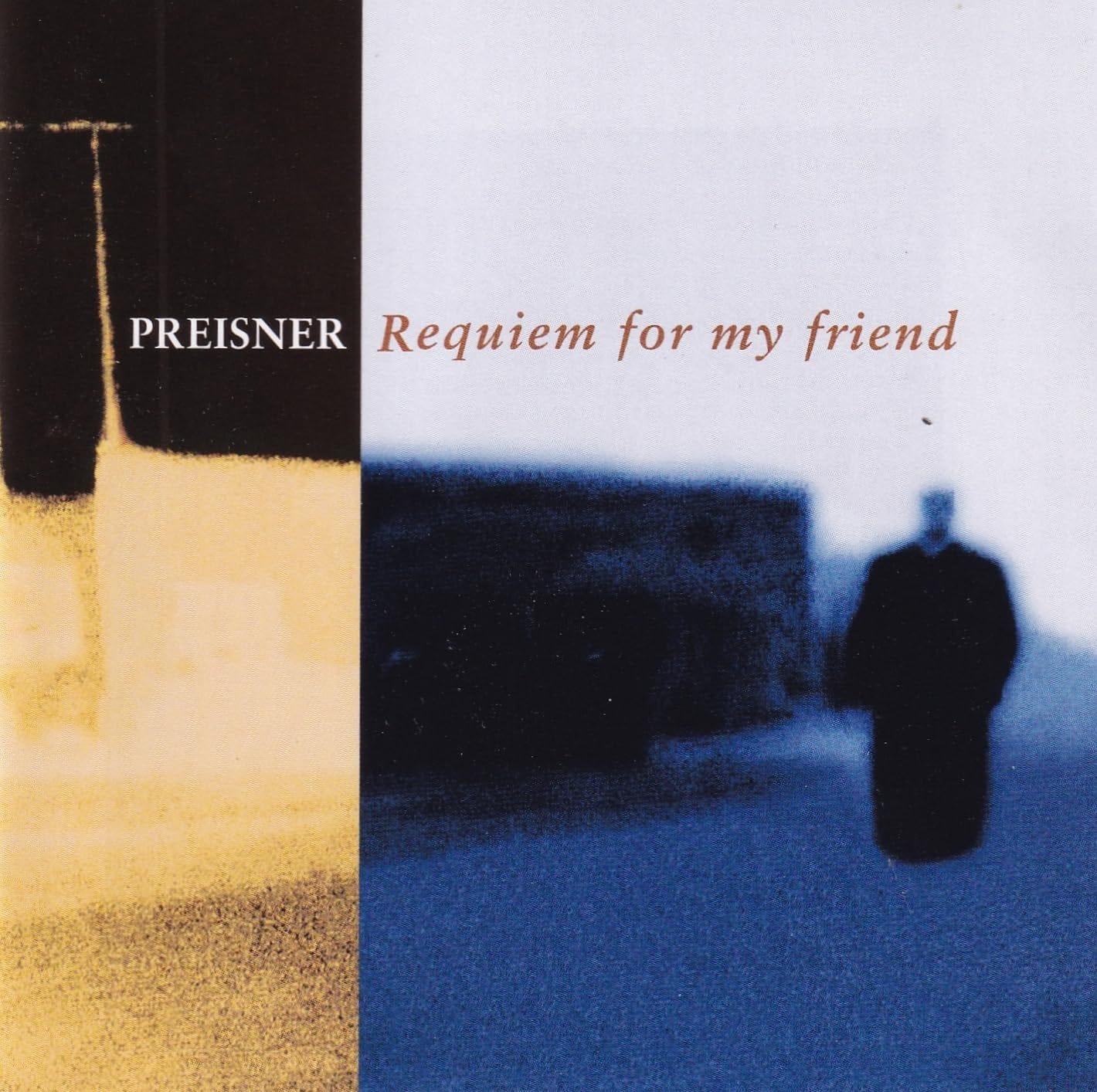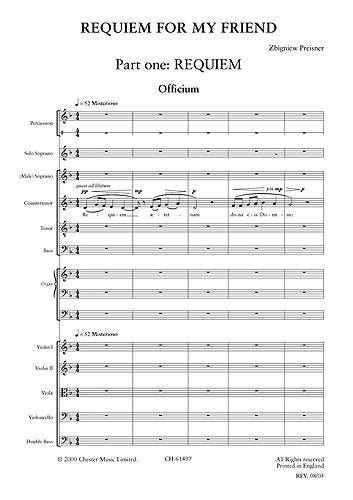Zbigniew Preisner’s 'Requiem for My Friend': A Farewell in Music
A heartfelt tribute to Krzysztof Kieślowski in music
Welcome to Vintage Cafe—a thoughtfully curated space for lovers of music, film, books, art, travel, and coffee. Each edition offers in-depth reviews, insightful explorations, and hidden gems you won’t find anywhere else. If you enjoy this content and want to support my work and independent writing, the best way is by taking a paid subscription. Your support unlocks exclusive content and keeps this space thriving.
Zbigniew Preisner’s Requiem for My Friend is not just a composition—it is an intimate farewell, a deeply personal tribute to a friend and artistic collaborator, Krzysztof Kieślowski. Known primarily for his evocative film scores, Preisner was an integral part of Kieślowski’s cinematic vision, shaping the emotional landscapes of The Decalogue and the Three Colours trilogy. When Kieślowski passed away in 1996, Preisner channeled his grief into this powerful work, a requiem that transcends mere mourning and instead transforms into a meditation on life, death, and artistic legacy.
The bond between Preisner and Kieślowski was one of profound creative symbiosis. Preisner’s music was as essential to Kieślowski’s films as the images themselves, lending them an emotional depth that words could not always achieve. In many ways, Requiem for My Friend feels like the final, unwritten score for a Kieślowski film that never came to be. Divided into two sections—Requiem and Life—the work is both a traditional mass for the dead and a reflection on existence itself, mirroring the philosophical depth that permeated Kieślowski’s films.
.
The first section, Requiem, follows the structure of a classical Latin mass, yet Preisner imbues it with his own unmistakable voice. The opening Officium sets the tone—somber, reverent, and achingly beautiful. The use of Elżbieta Towarnicka’s soaring soprano is particularly striking, echoing the ethereal vocal textures Preisner often employed in Kieślowski’s films. Kyrie Eleison and Dies Irae continue the solemn procession, the latter pulsating with an almost cinematic urgency, as if Preisner is wrestling with the very concept of fate and finality.
Keep reading with a 7-day free trial
Subscribe to Vintage Cafe to keep reading this post and get 7 days of free access to the full post archives.






